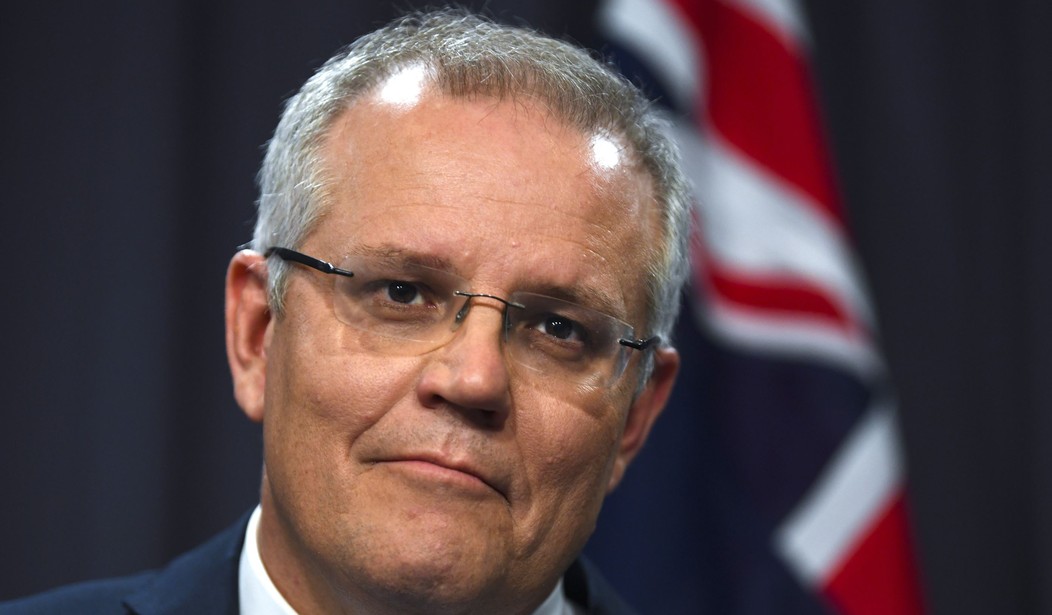Australia intends to amplify defense spending over the next 10 years, accelerating a 2018 Pacific Step Up plan that called for a gradual military buildup. The update prioritizes defense in the Indo-Pacific region, where Australia has found itself ill-equipped to combat Chinese encroachment.
"The Indo-Pacific is where we live — and we want an open, sovereign Indo-Pacific, free from coercion and hegemony," Australian Prime Minister Scott Morrison said. "We have not seen the conflation of global economic and strategic uncertainty … since the existential threat we faced when the global and regional order collapsed in the 1930s and 1940s."
The plan underscores an aggressive foreign policy in the Indo-Pacific aimed at influencing regional affairs, deterring potential threats, and utilizing force if necessary.
Minister for Defence Senator the Hon Linda Reynolds emphasized the need for a more robust and flexible defense strategy. “Defence thinking, strategy and planning have shifted gears to respond to our constantly changing and deteriorating strategic and defence environment,” she said.
Over $575 billion ASD will go toward expanding Defense infrastructure and materiel, including over $270 billion additional investment in the Australian Defence Force (ADF) over the next ten years. The new budget would attain roughly 2% of Australia’s GDP.
The government hopes that expansion of military supply chains and personnel will both create jobs and allow for partnerships with private companies and industry providers.
Recommended
Funds will go to bolstering supply chains across all defense departments and increasing domestic arms production. The maritime force will receive 70 additional vessels along with new undersea warfare facilities and naval bases.
For the first time, Australia will amass long-range, hypersonic, and self-guided missiles. Also notable is the government’s announcement of plans to acquire Long-Rang Anti-Ship Missiles from the United States at a cost of approximately $800 million ASD.
“It is essential that we have the capabilities that can hold forces and infrastructure at risk from a greater distance, to influence the decision-making of those who may seek to threaten our national interests,” Minister Reynolds said.
Australia will also enrich its cybersecurity program in response to “grey-zone” attacks, its largest investment in cybersecurity to date. With the aid of former U.S. secretary of homeland security Kjirsten Nielsen, the ADF will develop a new cybersecurity policy, recruit and train 500 spies and maneuver the department into a more offensive posture.
Australia has fallen victim to an increasing number of cyberattacks in recent months. While the government has not officially identified the perpetrator, identifying only a “sophisticated state-based cyber actor,” most officials agree that China is behind the attacks.
"When they talk about the bad behavior that's happening in the region, the annexation of territory, coercion, the influencing of domestic politics, the use of cyberattacks – it's really only one country which is doing that at industrial levels, and that's the People's Republic of China," says Peter Jennings, executive director at the Australian Strategic Policy Institute.
China denies these accusations, instead reproving Australia for “waging an intensifying espionage offensive against China.”
Morrison expressed concerns to Australia’s Channel Seven news that Australia might get caught in the crossfire between China and the United States. “There's a lot of tension in the cord and a lot of risk of miscalculation,” he said.

























Join the conversation as a VIP Member